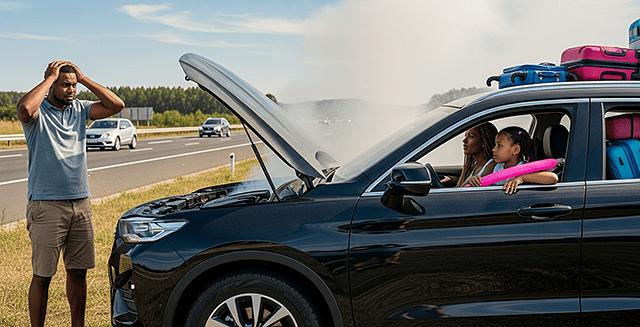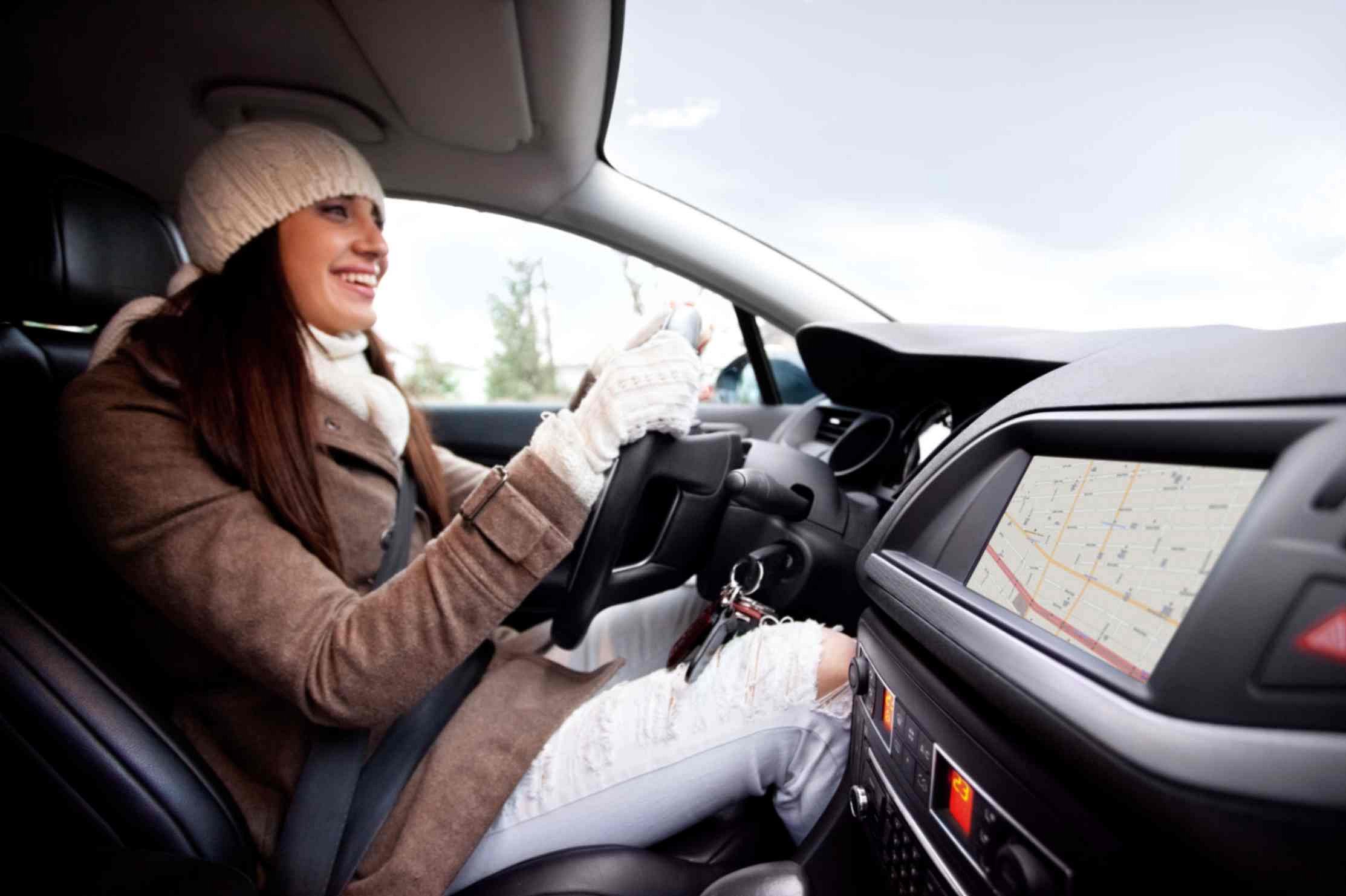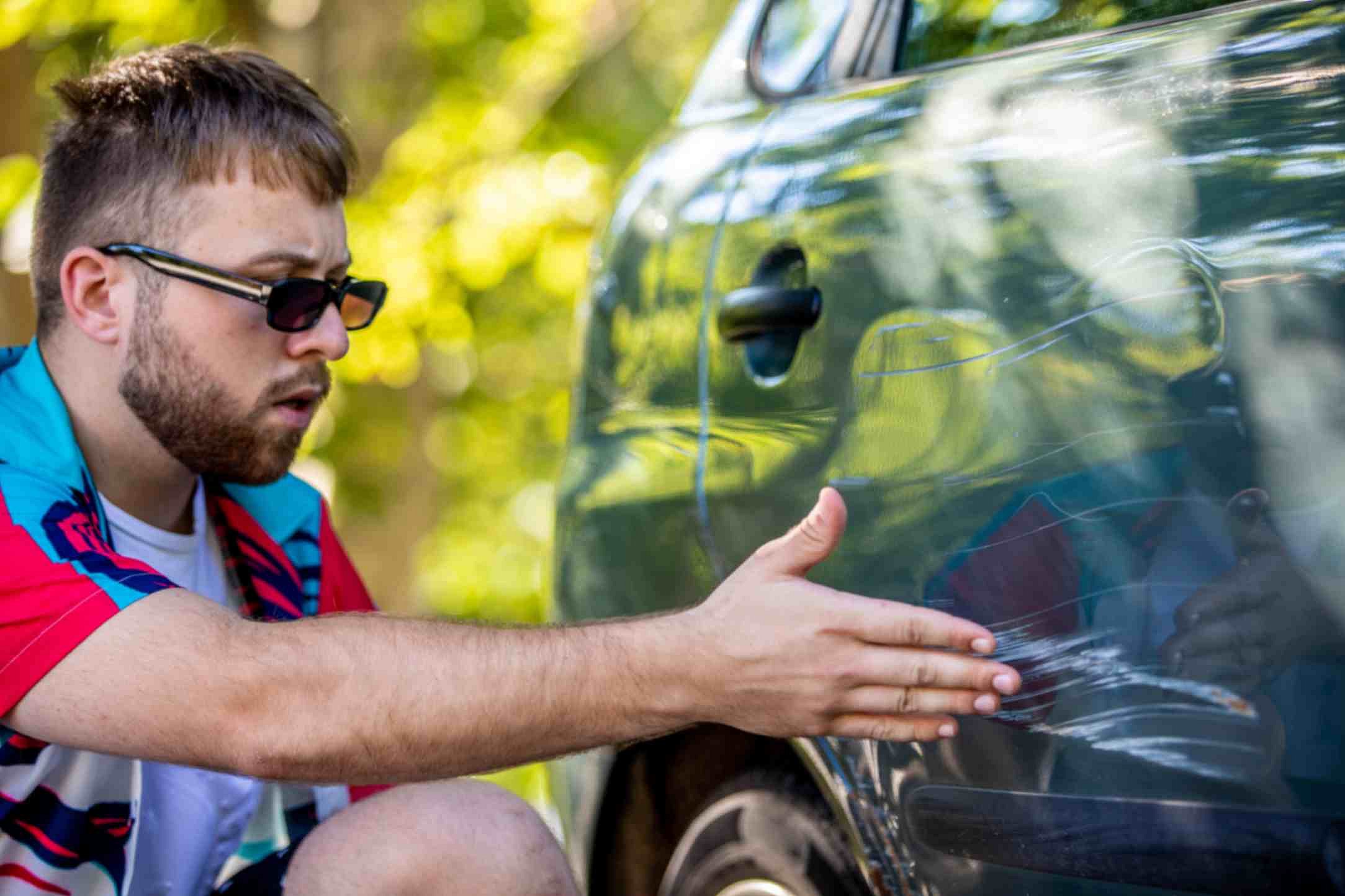Knowledge Hub

Getting to Grips with a Third-Party Insurance Claim
Before you assume that your insurance covers you for third-party claims, it's worth investigating if this is the case. You don’t want to get left high and dry with a dent in your wallet. Also, did you know that third-party insurance cover is not just for drivers? It applies to businesses as well. That’s why it’s advisable to have public liability cover if your business deals with the public, which means you could run the risk of a third-party claim. Discover more about a claim-party claim, what it is, how it works and how Dialdirect's third-party car insurance or business insurance can protect you.
What is third-party insurance?
Third-party cover is a type of liability insurance. It covers the policyholder should anyone take legal action or make a claim against you based on damage or loss you've allegedly inflicted on their person or property. This could, for instance, relate to someone’s vehicle or an injury someone sustained on your property.
Like most forms of insurance, you can adjust your coverage accordingly. Third-party insurance can act as standalone car insurance or as part of a more comprehensive package. To determine the exact value and meaning of third-party insurance, it’s recommended that you should discuss your insurance needs with one of Dialdirect’s professional insurance brokers.
Difference between a regular and third-party insurance claim?
Standard insurance claims typically involve the policyholder who claims with their insurers, regardless of who is found to be at fault. In contrast, a third-party insurance claim is made by another person against the policyholder (known as the first party). Let’s discuss this with the following example. Imagine you were involved in a car collision where you were at fault and the other person’s car was damaged. The driver of the damaged vehicle can make a third-party insurance claim against your car insurance policy to cover the cost of repairing the vehicle. They could also claim for injuries sustained in the accident. These are known as third-party liabilities.
Understanding the 3 types of third-party liabilities:
Third-party liabilities refer to the legal liability a person or business faces if they cause damage, loss or harm to another person or their property. The liability arises when the first party cause damage or loss to a third party. The second party refers to the insurance company that provides the cover to the first party and pays out a claim to the third party. There are typically three types of third-party liabilities. These include:
1. Personal injury. The negligence of another person or organisation can cause this. For instance, a coffee shop might have failed to maintain its public seating, resulting in a customer falling from a broken chair and injuring their knee.
2. Property damage. This is when the first party causes damage to another person’s property. For instance, if one became distracted and accidentally reversed their vehicle into the neighbour’s wall and broke it.
3. Professional liability. People who offer professional services, like doctors, accountants or architects, are liable for damages caused by their negligence or errors. A doctor might misdiagnose a patient, resulting in incorrect medication and adverse side effects.
How does a third-party insurance claim work?
If you need to make a third-party claim, it will work like this:
-
Document the incident. Following the incident, gathering important information, like the first party’s contact details, the insurer’s details and any corroborating evidence of injury or loss, is important. This could include a police report of the car accident or medical reports about an injury.
-
Notification. Once the incident has occurred, it’s up to the third party to notify the first party’s insurers with claim details.
-
Investigation. The first party’s insurance company will then investigate the incident and the claim made by the third party. This will involve reviewing reports submitted, interviewing witnesses and assessing the damage to calculate a payout figure. it’s important to wait until the investigation has concluded before you take any further action.
-
Determination of fault. Following the investigation, the insurance company will determine whether or not the first party was at fault for the incident and, if so, the extent of the third-party liability.
-
Settlement. The insurance company will then settle with the third party. This could include compensation for damages to one’s property, like a vehicle, medical costs, and any other costs related to the incident.
Occasionally, the insurance company may reject the third party’s claim. The third party is free to take legal action against the first party.
When does it make sense to get third-party car insurance?
If your car is old and has limited financial value, it may not be worth insuring it comprehensively, as the payout won't justify what you pay in premiums. It also won't be worthwhile to have comprehensive car insurance or third-party fire and theft insurance if you cannot afford it or don't drive your car often. In each case, you should be confident that your car will avoid damage or that you can pay for any repairs it requires, as this won't be covered by third-party car insurance[1]
Get third-party cover from Dialdirect
If you're considering getting third-party insurance or have more questions about your coverage, you do not have to go through the process alone with your questions unanswered. Dialdirect can offer you a range of insurance coverage and talk you through each so you choose what's right for your needs. Speak to us today to get started.
Sources:
[1] IOL: When you need third-party car insurance
Disclaimer: The information in this article is provided for informational purposes only and should not be construed as financial, legal, or medical advice.

We Have Great
Insurance Products
Need car, home & Life Insurance? We offer a wide range of insurance products. Switch & get cash back on insurance premiums.
Related blogs

Motoring Travel
Give your car staying power

Motoring Travel
5 Car tips for the cold season



